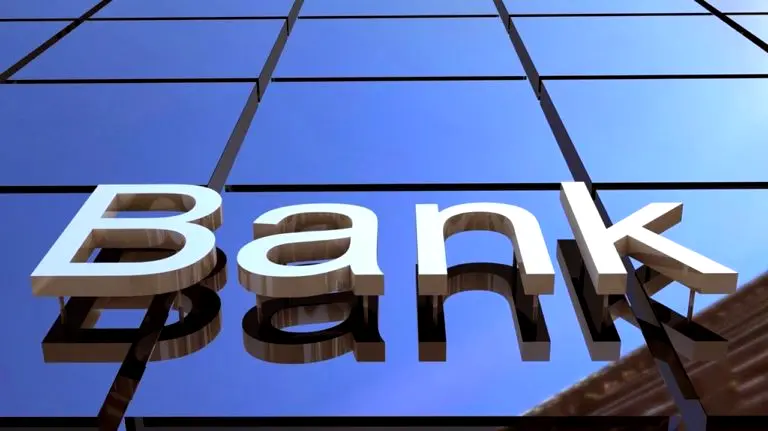
Commercial banks and merchant banks in Nigeria are said to be increasingly depending on the Central Bank of Nigeria for liquidity as their borrowing from the apex bank has intensified in the last eight months of 2023.
Aside from August 2023 ending this week, commercial banks and merchant banks borrowed a total of N12.46tn from the CBN during the first eight months of this year, according to the CBN data accessed by our correspondent.
The financial institutions had in the first eight months of 2022 borrowed N6.96tn from the central bank, representing an increase of 79 per cent.
Commercial banks and merchant banks access lending from the apex bank using the Standing Lending Facility (SLF) window and deposit cash with the apex bank using the Standing Deposit Facility window(SDF).
According to findings, banks during the first eight months of 2023 accessed the SLF window against the backdrop of CBN’s tightening monetary policy stance.
The apex banking regulating body has the SLF, a short-term lending window for commercial banks and merchant banks, to access liquidity to run their day-to-day business operations.
The CBN data obtained by The PUNCH revealed that between January and June this year, commercial banks and merchant banks borrowed N10.25tn from the CBN via the SLF window, an increase of 138 per cent Year-on-Year (YoY) from N4.3tn borrowed during the corresponding period of H1 2022.
The CBN data showed that the first quarter figure, which stood at N4.95tn, was higher than the half-year data for 2022.
The monthly breakdown revealed that commercial banks and merchant banks in January borrowed N528.16bn from the CBN but the figure dropped to N453.7bn in February 2023.
In March, it rose significantly by 776.22per cent to N3.98tn, the second highest after the N4.47tn recorded in April 2023.
However, the CBN data showed a N590.29bn and N235.06bn borrowing for May and June 2023.
In addition, SLF’s figure stood at N908.43bn in July and N1.3tn in August.
Commenting on the development, a former Director-General of the Lagos Chamber of Commerce and Industry, Dr, Muda Yusuf, said, “This is a reflection of liquidity pressure some of the banks are going through. The facility is typically short term. This may not necessarily indicate that the banks are stressed or unstable. Meanwhile, the recapitalisation of banks is long overdue. The minimum capital requirements of N25 billion is no longer adequate, if discounted for inflation.”
A financial expert at Chapel Hill Denham, Tajudeen Ibrahim, said, “The development points to lack of liquidity on the part of banks. Monetary policy has been tightening and this has led to low liquidity. It is cheaper for banks to borrow from the CBN. This development is not positive but negative. We cannot continue to tighten because it will reflect of economic growth.



